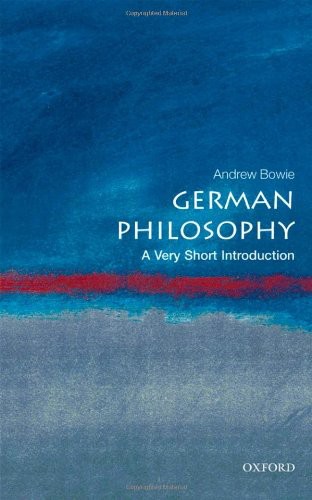

Most ebook files are in PDF format, so you can easily read them using various software such as Foxit Reader or directly on the Google Chrome browser.
Some ebook files are released by publishers in other formats such as .awz, .mobi, .epub, .fb2, etc. You may need to install specific software to read these formats on mobile/PC, such as Calibre.
Please read the tutorial at this link: https://ebookbell.com/faq
We offer FREE conversion to the popular formats you request; however, this may take some time. Therefore, right after payment, please email us, and we will try to provide the service as quickly as possible.
For some exceptional file formats or broken links (if any), please refrain from opening any disputes. Instead, email us first, and we will try to assist within a maximum of 6 hours.
EbookBell Team

5.0
60 reviewsGerman philosophy remains the core of modern philosophy. Without Kant, Frege, Wittgenstein, and Husserl there would be no Anglo-American 'analytical' style of philosophy. Moreover, without Kant, Hegel, Marx, Nietzsche, and Heidegger, the 'Continental Philosophy' of Derrida, Foucault, Deleuze, Badiou, and Zizek, which has had major effects on humanities subjects in recent years, is incomprehensible. Knowledge of German philosophy is, then, an indispensable prerequisite of theoretically informed study in the humanities as a whole. German Philosophy: A Very Short Introduction discusses the idea that German philosophy forms one of the most revealing responses to the problems of 'modernity'. The rise of the modern natural sciences and the related decline of religion raises a series of questions, which recur throughout German philosophy, concerning the relationships between knowledge and faith, reason and emotion, and scientific, ethical, and artistic ways of seeing the world. There are also many significant philosophers who are generally neglected in most existing English-language treatments of German philosophy, which tend to concentrate on the canonical figures. This Very Short Introduction will include reference to these thinkers and suggests how they can be used to question more familiar German philosophical thought.
Über den AutorAndrew Bowie is Professor of Philosophy and German at Royal Holloway, University of London.